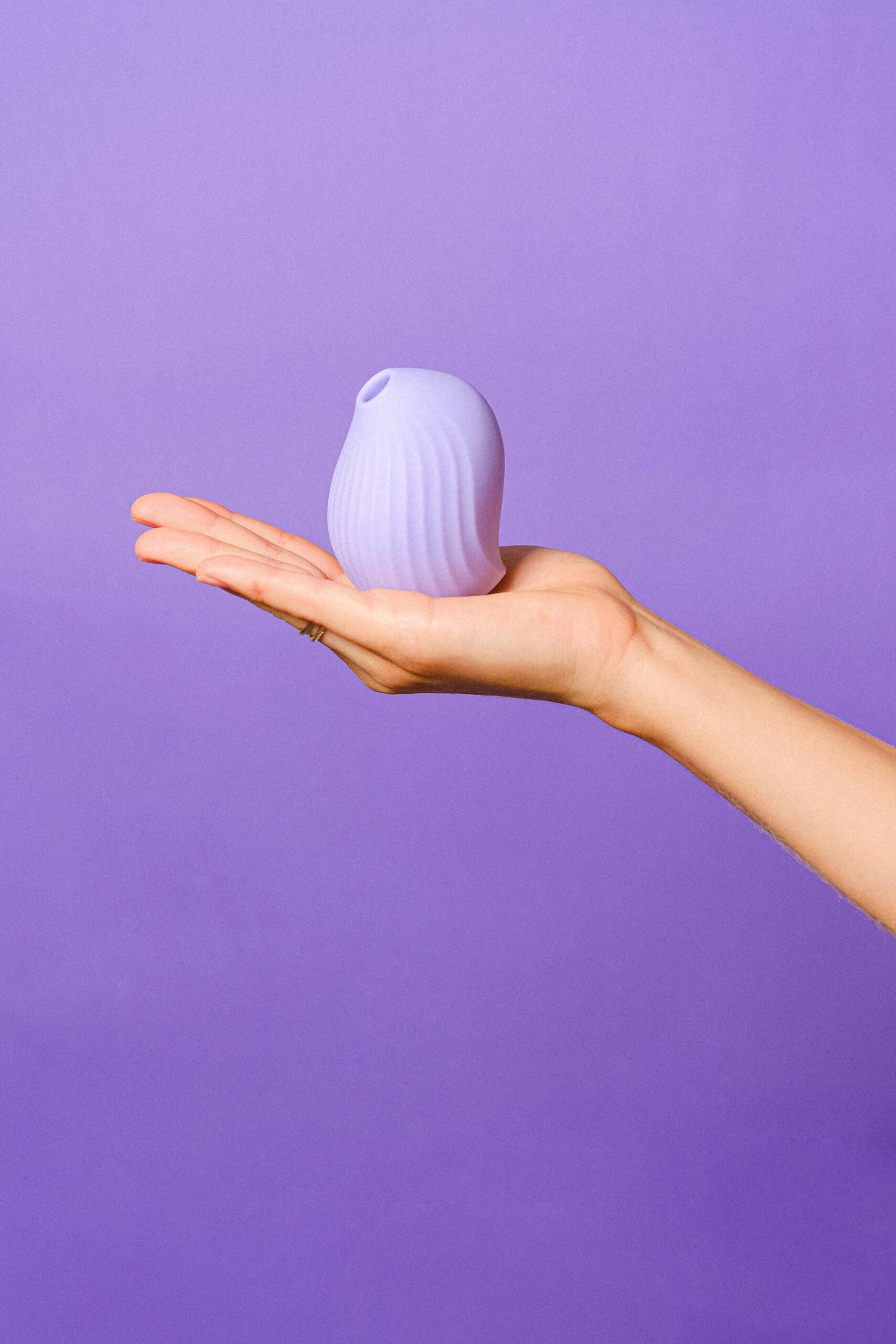Table of Contents
ToggleNocturnal Emission (Wet Dreams)
Nocturnal emission is a natural process. Although the word “dosh” (fault) is associated with it, it is not a fault; rather, it’s a normal occurrence. Hence, there is no sin in it. Nocturnal emission is also known as night emission, wet dreams, sleep ejaculation, sexual dreams, or nocturnal discharge. Boys and girls aged 13 to 19 may experience involuntary ejaculation during sleep. For boys, this can occur even without an erection. This usually happens most frequently during puberty (13 to 19 years old), though in some cases, it can happen after puberty as well.
Though nocturnal emission is not harmful to the body, it becomes a concern when it occurs excessively. If this issue arises frequently, it is important to adopt certain lifestyle habits to manage it.
Why does nocturnal emission occur?
Semen is a valuable substance for the human body, but if it remains inside the body for too long, it can become harmful. Therefore, the body naturally releases it at the appropriate time. Some of the main causes of nocturnal emission include weakness of the penis, watching erotic movies, masturbation, low semen density, engaging in sexually stimulating conversations before bed, or imagining obscene scenes.
Famous sexual researcher Alfred Kinsey found in his research that frequent masturbation and frequent nocturnal emissions are interrelated. Those who masturbate excessively have fewer nocturnal emissions, while those who have frequent nocturnal emissions masturbate less.
When there is an excess of semen, it naturally becomes more fluid and is expelled—this is the law of nature. Therefore, worrying that semen is being wasted during nocturnal emissions is unnecessary. However, if it happens excessively, it may cause concern. In such cases, following some specific rules is necessary for control.
Do girls also experience nocturnal emissions like boys?
In short, yes, girls also experience nocturnal emissions. Sometimes, this can result in orgasm, but there is no guarantee that orgasm will always occur. However, girls generally produce less semen than boys, so instead of fully wetting their clothes, they may only get slightly damp. Regardless of the amount, cleanliness and proper hygiene are necessary after the emission.
Not everyone experiences nocturnal emissions, but if it happens, it should not be considered an illness. It’s a natural part of physical and mental changes during puberty. However, if it occurs frequently, it should be treated as a medical issue.
Harmful effects of excessive nocturnal emissions
Although nocturnal emissions are not inherently harmful, when they occur excessively, they can cause various physical and mental issues. The harmful effects of excessive nocturnal emissions include:
- Difficulty sleeping at night
- Headaches
- Physical fatigue
- Blurred vision
- Weak sexual ability
- Drowsiness
- Memory loss
- Physical weakness
- Urinating with semen
- Penis flaccidity
- Thinned semen
- Loss of appetite
- Lack of focus on work
- Infertility
- Pain in the knees or joints
- Curvature of the penis, etc.
Top 12 ways to stop excessive nocturnal emission:
If nocturnal emission is occurring excessively compared to normal, immediate steps should be taken to stop it. If left unchecked, the problem may worsen over time, and this could negatively impact married life. Here are the top 12 methods to stop excessive nocturnal emissions:
- A person is more likely to dream about what they think about before sleeping. So, avoid watching erotic pictures or videos before bed and refrain from having obscene thoughts.
- Do not read sexually stimulating books. Instead, try reading religious texts or listening to Quranic recitations before sleeping.
- If you have a habit of masturbation, try to stop as soon as possible.
- People who are inactive are more prone to nocturnal emissions. Staying busy with work can help avoid this problem.
- Develop a habit of urinating before going to bed.
- Worry increases nocturnal emissions, so try to stay calm and neutral.
- Avoid having negative thoughts about the opposite sex during the day.
- Drinking tea with basil leaves can help reduce nocturnal emissions.
- Avoid foods at night that increase blood pressure.
- If you have trouble sleeping at night, consult a doctor for medication to improve sleep.
- Regular exercise helps improve physical fitness and can reduce the frequency of nocturnal emissions.
- Make slight changes to your diet. Avoid eating heavy meals before bedtime.
By following these methods, it is hoped that you can easily overcome excessive nocturnal emissions. However, if the problem persists, consult a sexual health expert as soon as possible. Excessive nocturnal emission is a type of condition, and hiding it can lead to serious harm. If not treated in time, it may even cause permanent damage to the sexual organs.








